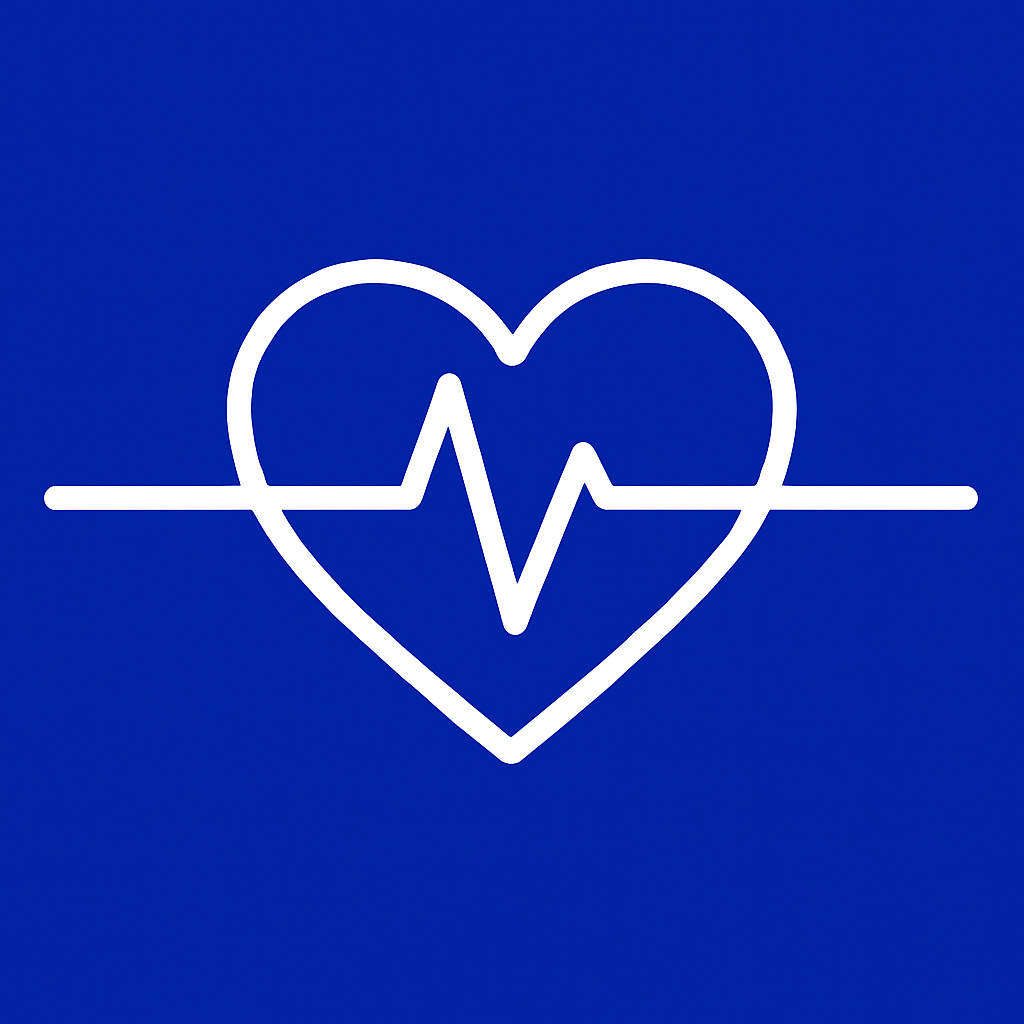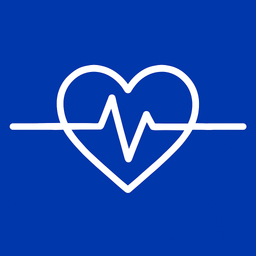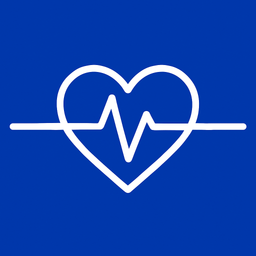Inside EU Health: ECDC calls for uptake of flu vaccination; the UK concludes part two of Covid inquiry; vaccines and the fight against AMR
ECDC urges immediate uptake of flu vaccination; ‘too little, too late’ - the UK concludes the second report of the Covid inquiry; vaccines and the fight against AMR
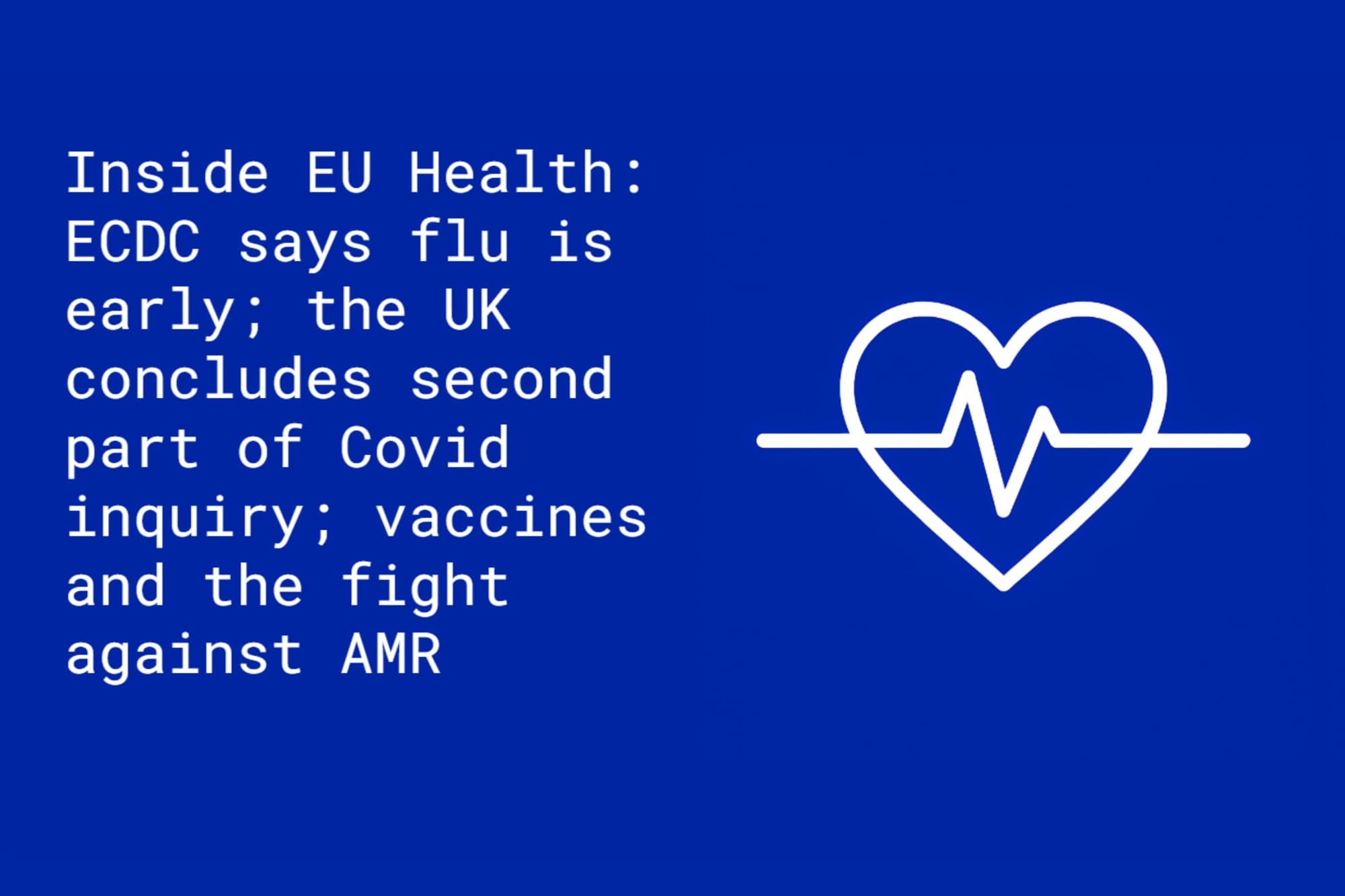
ECDC urges immediate uptake of flu vaccination
The European Centre for Disease Prevention and Control (ECDC) is calling for immediate influenza vaccination as EU/EEA countries report an unusually early rise in flu cases
According to a threat assessment released today (20 November), influenza activity is appearing three to four weeks earlier than in the past two seasons, driven largely by a newly emerged influenza A(H3N2) subclade, known as subclade K.
“We are seeing influenza detections increasing much earlier than usual this year, and that means time is critical,” said ECDC Head of Respiratory Viruses, Edoardo Colzani.

‘Too little, too late’ - the UK concludes the second part of its Covid inquiry
The UK’s Covid inquiry has produced its second report. The report looks at the response across the UK’s central government and devolved administrations (Scotland, Wales and Northern Ireland) and follows on from the first report on the UK’s resilience and preparedness.
The inquiry’s chair, Baroness Hallett, said that all four governments failed to appreciate the scale of the threat or the urgency it demanded. While recognising that some of the responses could be described as “too little, too late”, she also acknowledged that administrations faced unenviable choices and that decisions were taken under conditions of extreme pressure. In particular, she describes February 2020 as “a lost month”.
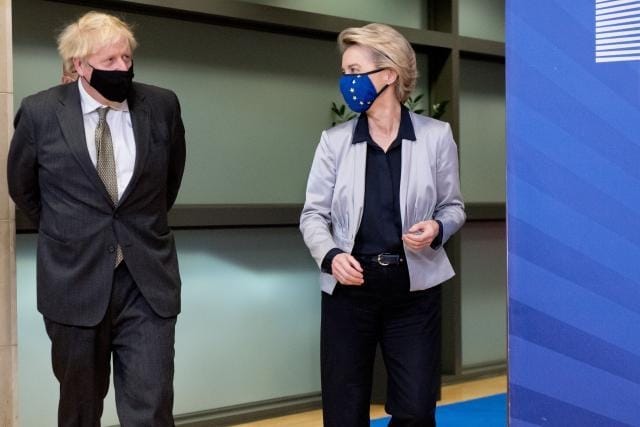
Vaccines and the fight against AMR
At the ECDC conference on the latest in epidemiology, ESCAIDE, taking place in Warsaw, scientists said that vaccination plays a pivotal role in combating antimicrobial resistance (AMR) by preventing infections that would otherwise require antibiotic treatment.
At the Eurosurveillance session on vaccines and tomorrow’s opportunities for public health, epidemiologists highlighted how pneumococcal conjugate vaccines (PCVs) exemplify this impact. By lowering the burden of IPD (invasive pneumonia), the vaccine reduces the need for antibiotics and helps curb the spread of resistant strains.
“Vaccines are one of the strongest tools we have to reduce antimicrobial resistance; they prevent infections, reduce antibiotic use, and slow the spread of resistance,” said Dr Mateusz Hasso-Agopsowicz, who works on immunization at WHO.
